Let’s sum up the theoretical view that emerges from all this (the reconstruction, that is, of the argument of the individuation essay, GW IX/I, §§ 489-524, in my last three posts: here, here, and here), and explore some of its corollaries and implications.
A psychological individual is a whole, and what makes it a whole (and keeps it together) is that it has personality character. That personality is like a sleeping (and dreaming) person, rather than a waking person; that is so even when it is fully individuated (i.e., even after going through the process of individuation). A waking person would be structured by consciousness (a subjective field, where all phenomena are directed at an “I”), whereas a psychological individual, as a whole, is not characterized by that.
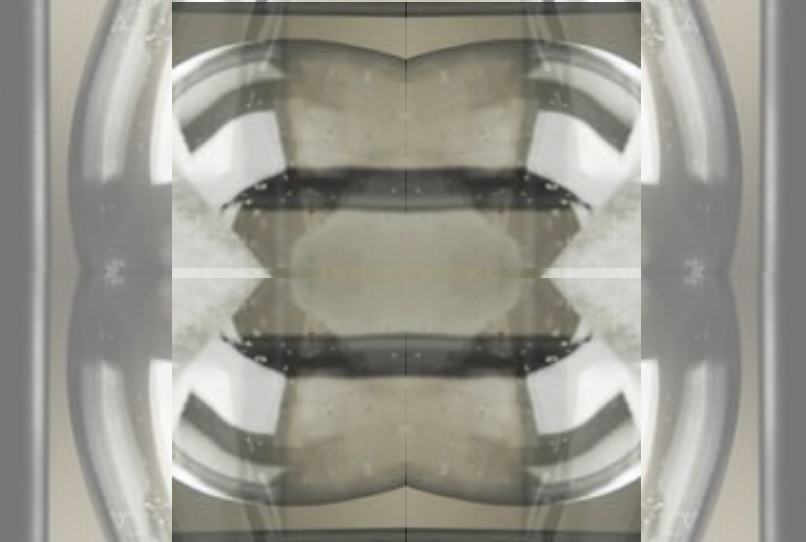
This Jungian view is both weirder and more radical than it seems at first. The whole of a psychological person might plausibly defined as “having person-like character”, but we have to keep in mind that in this view, that does not mean the sort of person we encounter in our daily lives: it’s not the embodied human animal as such that is an individual (remember that one has to go through individuation processes to become an individual); in other words, there is a temporal dynamic embedded in the notion of an individual, on the Jungian view. Moreover, a good deal of what makes a psychological individual consists of collective structures (both conscious, in the Persona, and unconscious, in the constellated archetypes such as the Anima) which are diffused throughout the population and the cultures and institutions of societies; thus in distinction to both our everyday notion and much of modern ontological thinking, individuals overlap and interpenetrate — and this makes the Jungian psychological universe (the totality of individuals) radically different from the world of subjects and objects (individuated by space and time). Finally, an individual is by definition not entirely conscious — is in fact probably better thought of as predominantly unconscious. A psychological individual, in Jung’s view, is much more similar to what we are when we are dreaming (whatever that turns out to be) than what we are (and take ourselves to be) in waking life.
And all this generates a number of follow-up questions. First and foremost, of course, the relationship between consciousness and the unconscious must still be spelled out (this ontological view just in itself does nothing to illuminate it). Then secondly, there is a mereological problem about “persons”, “sub-persons”, and “person-like character”: Jung says (GW IX/I, § 507) that even the fragmentary splinters in dissociation have person-like characteristics, and he sees that character even stronger in the archetypal personalities he has discovered (i.e. Shadow, Anima, Hero, Wise Old Man, and so on; cf. ibd., § 513). But clearly, these are both personalities in their own specific ways and somehow parts of the whole, which itself is also a person. What is the relationship between the person that is the whole individual and these person-like complexes? We should better not conceptualize them as component- or sub-personalities; rather, they are full personalities which an individual situationally can exhibit (the clearest example being perhaps the “possession” episodes, again, in dissociation phenomena). The individual is not composed of multiple personalities: the individual sometimes thinks, feels, perceives, remembers, and behaves in line with one personality, and then shifts into thinking, feeling etc. in a way that is better described as a different personality. So the variation here is situational: at different times and places, but more importantly in different circumstances, different personality characteristics come to the fore. Or, to put it a little differently: whether someone’s Shadow takes up only a small part of one’s overall psychology or a large (even dominating part) does not depend on the “composition” of the individual, but more on the circumstances in which that human being happens to find themselves. If circumstances happen to trigger an archetype, such as the Shadow, and do so frequently, then the Shadow aspects are what personality that person mainly exhibits in their psychology (i.e., their thinking, feeling, etc.).
Note also how unfortunate Jung’s initial rhetorical choice of metaphorical fields has turned out: what works well for the “I” in the center of consciousness (treating it as a subjective field) turns out to be a dead end when thinking about the whole of a person. Rather than trying to design terminology along quasi-scientific lines, as it first seems, Jung has veered into the territory of personality and character, narrative and myth. But he still keeps traces of that rhetoric at points where it no longer suits the understanding (for instance, when talking about “archetypal fields”). If his view of psychological individuals is to be based on the person-like character of the archetypal complexes (and of the whole), rather than on the subjective field structures of (or analogous to) consciousness with its center, the “I”, then that is precisely the wrong (i.e., misleading) way of talking.
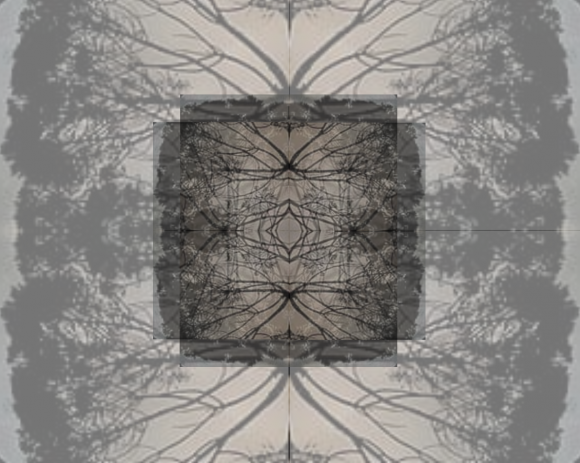
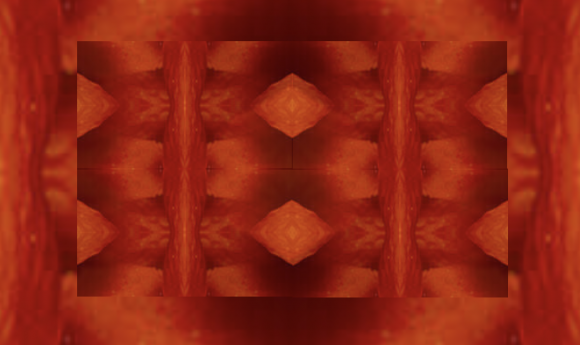
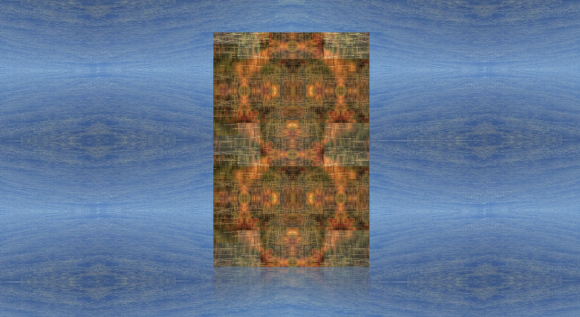
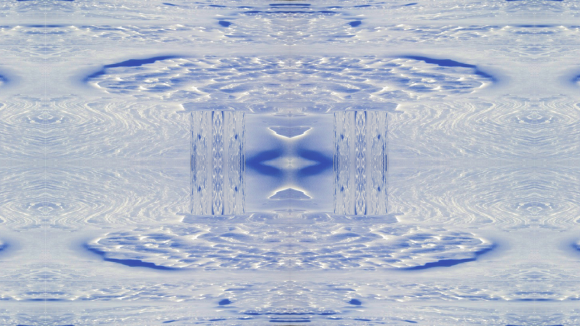
[…] I summarized the view that emerges from the individuation essay, I listed a number of respects in which the notion of “personality” on which it is based is […]